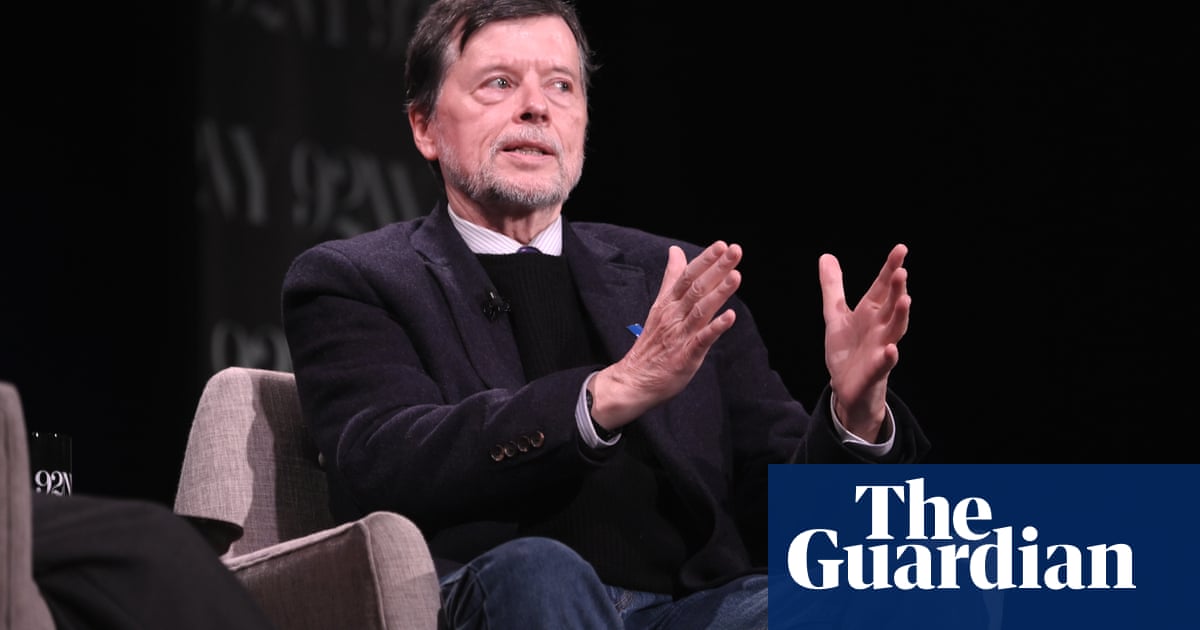His talents quickly caught the attention of the powerful Medici family, who invited him to their court in Milan. There, Leonardo created some of his most famous works, including The Last Supper and the Vitruvian Man. But his insatiable curiosity led him to delve into the fields of anatomy, engineering, and even military strategy.
Despite his brilliance, Leonardo was known to be a procrastinator, often leaving projects unfinished. Burns notes, âHe was a man of many talents but not necessarily always the person who could bring them to completion. Sometimes he was just too busy moving onto the next thing.â
Leonardo’s legacy lives on not just in his artwork but also in his notebooks, which are filled with sketches and ideas that were far ahead of his time. Burns reflects, âThere are very few things that are more exciting than seeing the mind at work, and Leonardoâs mind at work is dazzling.â
As the world grapples with the uncertainties of the present moment, perhaps there is solace to be found in the enduring genius of Leonardo da Vinci. His ability to blend art and science, creativity and logic, serves as a reminder of the power of human ingenuity and imagination.
So, as Ken Burns turns his attention to the life of this extraordinary Renaissance man, we are reminded that even in times of turmoil, the beauty and brilliance of the past can shine a guiding light towards a better future.
Leonardo’s insatiable curiosity and thirst for knowledge set him apart from his contemporaries. His ability to bridge the gap between art and science, and his groundbreaking anatomical studies, are just a few examples of his genius. Burns concludes: “Leonardo da Vinci was a true Renaissance man, a visionary ahead of his time. His legacy lives on in the countless artists, scientists, and thinkers who continue to be inspired by his work.”
“La tenacidad es inspiradora, contagiosa. También es reconfortante. Leonardo pasó sus últimos años en Francia por invitación del joven rey Francisco I, quien admiraba su talento. Continuó sus estudios, mentorizando a artistas más jóvenes y trabajando en varios proyectos hasta su muerte en Amboise, Francia, el 2 de mayo de 1519. No dejó diarios ni memorias, lo que asegura que su biografía mantenga una ambigüedad de elige-tu-propia-aventura.
Burns reflexiona: “Todas estas cualidades están reunidas en una persona magnífica que nos hace el gran favor, sin ser consciente de ello, de no permitir demasiado el tic-tac biográfico, las sensaciones de tabloide en las que nos gusta fijarnos, y en cambio nos deja 4-6.000 páginas de estos cuadernos llenos de reflexiones filosóficas, exploraciones matemáticas, anatomías, dibujos, observaciones, un par de listas de la compra, una o dos quejas sobre algo, una mención de que su madre había venido y luego sus gastos funerarios un año después.
“Son pequeñas pistas, pero lo que eso hace es exigirnos, como dice David McMahon, meternos filosóficamente en su mente y centrarnos en el trabajo, la producción, la curiosidad inquieta. [El historiador del arte británico] Kenneth Clark dijo que es el hombre más curioso que haya existido y eso es suficiente para mí. El cliché es que usamos el 10% de nuestro cerebro y, si ese es el caso, entonces él usa el 75 o 85%”.
Burns parece estar usando más del 10%. Actualmente tiene cuatro o cinco proyectos en marcha, incluyendo una biografía fílmica de Barack Obama y una historia de 12 horas de la Revolución Americana con un elenco de voces que incluye a Kenneth Branagh, Damian Lewis, Hugh Dancy, Tom Hanks, Samuel L Jackson, Morgan Freeman, Laura Linney, Ethan Hawke, Maya Hawke y Liev Schreiber.
“Cuanto más mayor me hago, más codicioso me vuelvo”, reflexiona. “Hay algo creativo que me emociona tanto”.
En 2026, Estados Unidos celebrará su 250 cumpleaños con Trump en la Casa Blanca. ¿Podemos esperar una película de Burns sobre este presidente tan singular? “Necesitas tener la perspectiva y la distancia que se adquieren”, responde. “Él parece haber acelerado las cosas de tal manera que no parece necesario esperar mis habituales 25 o 30 años. Sería, ciertamente, un tema interesante.”
